Summary of Consultation: Migrant women in Europe’s experiences of socioeconomic inclusion
Berlin, July 2023
1. Background and Context
Over the last three years GAATW, together with ten partners from Southeast Asia and Europe, has used a feminist participatory action research methodology to learn about the experiences of 259 Southeast Asian women migrants who were either currently in Europe, or who had recently returned from Europe. The purpose of this research was to learn more about their experiences of “inclusion” at home and in Europe.
GAATW’s research was limited to just five European countries (UK, France, Germany, Netherlands, Poland) and three Southeast Asian countries (Thailand, Vietnam, Philippines). Therefore, following the publication of the research report, we wanted to expand our understanding to include the experiences of women migrants from other parts of the world, and/or who are in different European countries to the ones in our study.
To this end, GAATW approached other network organisations for a two‐day consultation that would examine the barriers to socioeconomic inclusion for migrant women in Europe and give an opportunity to discuss the advocacy priorities of each organisation.
In July 2023, GAATW spent two days discussing these issues with eleven other network organisations. This memo summarises the key points that arose during those two days and outlines the next steps GAATW intends to take as a result.
Press statement on reintegration support for returning migrant workers in Southeast Asia
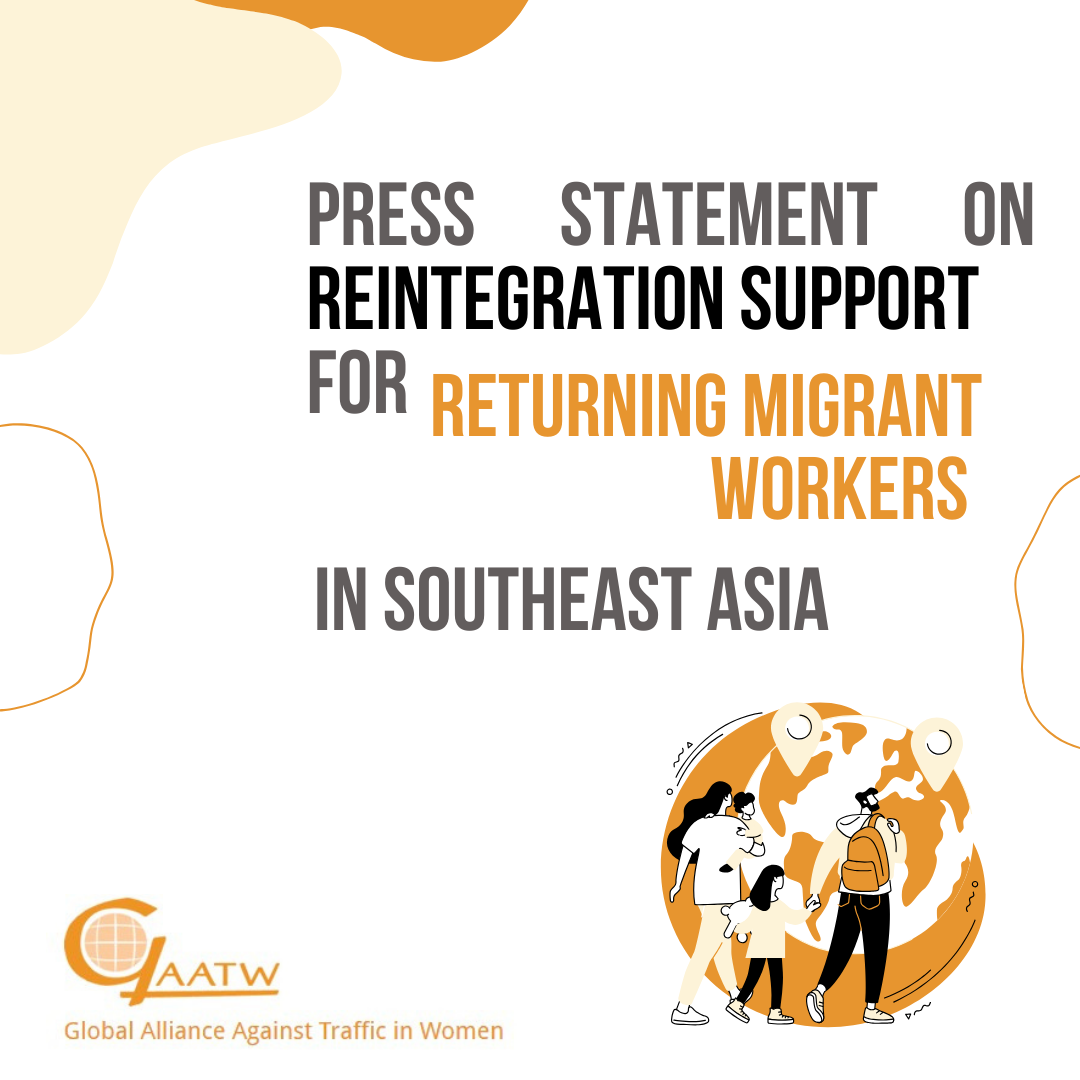
In 2023, the Global Alliance Against Traffic in Women (GAATW) together with ten partner organisations from Southeast Asia and Europe researched Southeast Asian migrant women’s experience of migration to Europe, and of their reintegration at home upon return. Using a Feminist Participatory Action Research methodology, our research partners spoke with 329 Southeast Asian migrant workers in Europe and 121 returnees in Southeast Asia.
We found that in Southeast Asia, reintegration support for returning migrants varied from country to country but was generally insufficient. It was usually limited to training schemes, assistance to trafficking victims, and short-term financing schemes for self-employment. Furthermore, the business-focused nature of reintegration programmes presents individualistic solutions to what are often structural problems within the country and region. We found that what returning migrants most needed, but could not find, were stable, well-paid jobs and access to affordable, long-term psychosocial counselling and financial advice.
A joint statement from representatives from CSOs and migrant development socities of Sri Lanka

Please go here for the PDF files in Sinhala, Tamil, and English.
We, the representatives of Civil Society Organisations and Migrant Development Societies working in various regions of Sri Lanka, in collaboration with the Global Alliance Against Traffic in Women, have concluded a two-day consultation on SafeandFairLabourMigrationofSriLankanwomen. The CSO representatives who participated in the consultation are from the Eastern Self Reliant Community Awakening Organisation, Centre for Human Rights and Community Development , Community Development Services, Women and Media Collective, Voice of Migrants Network, PREDO, SWOAD, SAMADANAM, FIRM, SAFE Foundation and VOICE. Participants representing the Migrant Development Societies are from Kurunegala, Batticaloa, Putlam, Anuradhapura, Ampara, Kandy, Vavuniya and Nuawara Eliya.
ශ්රී ලංකාවේ සිවිල් සංවිධාන සහ සංක්රමණික සංවර්ධන සංගම්වල නිවයෝජිතයන්වගන් ඒකාබද්ධ ප්රකාශනය
ශ්රී ලංකාවේ විවිධ ප්රවේශවල වසේවය කරන සිවිල් සමාජ සංවිධානවල සහ සංක්රමණික සංවර්ධන සමිතිවල නිවයෝජිතයන් වන අපි, කාන්තා ජාවාරමට එවරහි වcෝලීය සන්ධානය සමඟ එක්ව, ශ්රී ලාංකීය කාන්තාවන්වේ සුරක්ෂිත සහ සාධාරණ ශ්රම සංක්රමණය පිළිබඳ වෙදින උපවේශනයක් අවසන් කර ඇත. උපවේශනයට සහභාගී වූ සිවිල් සංවිධාන නිවයෝජිතයන් වන්වන් නැවcනහිර සේවයං විශේවාසී ප්රජා පිබිදීවේ සංවිධානය (ESCO), මානව හිමිකේ සහ ප්රජා සංවර්ධන මධයසේථානය (CHRCD), ප්රජා සංවර්ධන වසේවා (CDS), Women and Media Collective, Voice of Migrants Network, PREDO, SWOAD, SAMADANAM, FIRM, SAFE Foundation සහ VOICE. තවෙ, කුරුණෑcල, මඩකලපුව, පුත්ලම, අනුරාධපුර, අේපාර, මහනුවර, වවුනියාව සහ නුවරඑළිය යන ප්රවේශවලින් සංක්රමණික සංවර්ධන සමිති නිවයෝජනය කරමින් සහභාගිවු අයෙ වේ.
පසුගිය දින වෙක තුළ අපවේ සාකච්ඡා පූර්ව තීරණය සහ පිටත් වීමට වපර, විවේශ රවේ රැකියාවේ වයදී සිටියදී සහ නැවත පැමිණීවමන් පසු යන ශ්රම සංක්රමණවේ සියලුම අදියරයන් වකවරහි අවධානය වයාමු කරන ලදී. පර්වේෂණ පිළිබඳ අපවේ පුළුල් අත්ෙැකීේ, බිේ මේටවේ වැඩ, උේවේශන, ජීවන අත්ෙැකීේ සහ සංක්රමණික සංවර්ධන සමිතිවල ප්රජා මේටවේ කටයුතු මත පෙනේව, අපි පහත සඳහන් නිර්වේශ අොළ බලධාරීන් වවත ඉදිරිපත් කිරීමට කැමැත්වතමු. අපවේ නිර්වේශ සැලකිල්ලට cනු ඇතැයි අපි අවංකවම බලාවපාවරාත්තු වවමු.
වෙර පිටත් වීමට වෙර පුහුණුව
දින 28ක පිටත්වීමට වපර පුහුණුව සංක්රමණික වසේවකයන්ට, විවශේෂවයන්ම අඩු වැටුප් සහිත රැකියාවල නියුතු කාන්තා ශ්රමිකයන්ට, සියලුම සංක්රමණික වසේවකයන්වේ අයිතිවාසිකම් සහ වගෞරවය ආරක්ෂෂා කිරීවේ හැකියාව ඇති කිරීම වකවරහි අවධානය වයාමු කළ යුතුය. නැවත ෙැමිවණන සංක්රමණික කාන්තාවන්වේ අත්දැකීම් සහ පිටත් වීමට වෙර පුහුණු වැඩසටහන් සඳහා රජය ක්රියාකාරීව විෂයමාලා වැඩිදියුණු කිරීම සඳහා ඇතුළත් කළ යුතුය.
Statement on UK's new Illegal Migration Bill
We write this statement as an alliance of anti-trafficking experts and service providers from Europe, Asia, Africa, Latin America and the Caribbean and North America. We wish to express our deep concern over the proposals contained within the UK’s Illegal Migration Bill 2023. If enacted, this Bill will have grave consequences for our ability to work together across borders and combat human trafficking.
For decades, the UK has been a key ally in the fight against human trafficking. The proposals contained in this Bill risk undermining all the progress that has been made to date.
We are deeply concerned by the provisions of this Bill that remove all protections for victims of trafficking and asylum seekers who entered the UK without a visa, or with a visa that was obtained by the deception of their trafficker. These victims will be denied access to the Uk’s identification system, the national referral mechanism (NRM) and will face detention and deportation. This applies even to victims who entered the UK against their will.
Complaint to the ASEAN inter-governmental commission on human rights
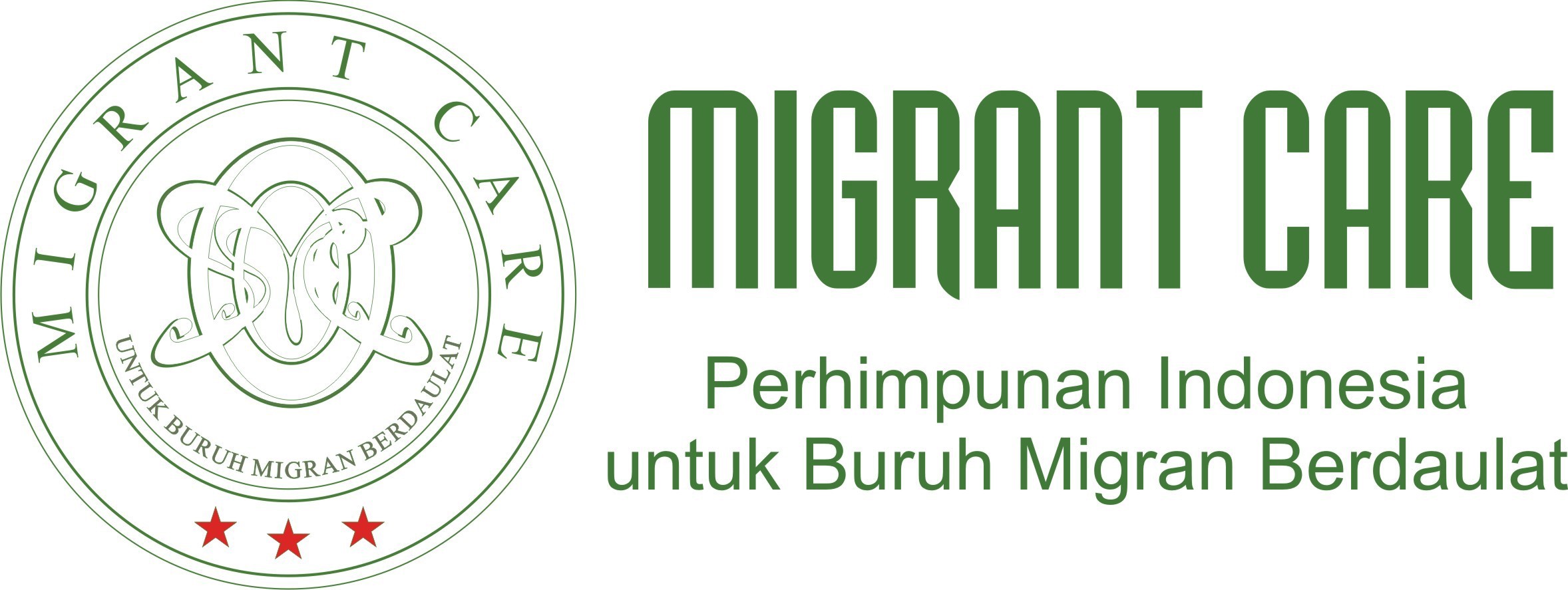 |
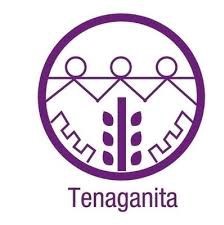 |
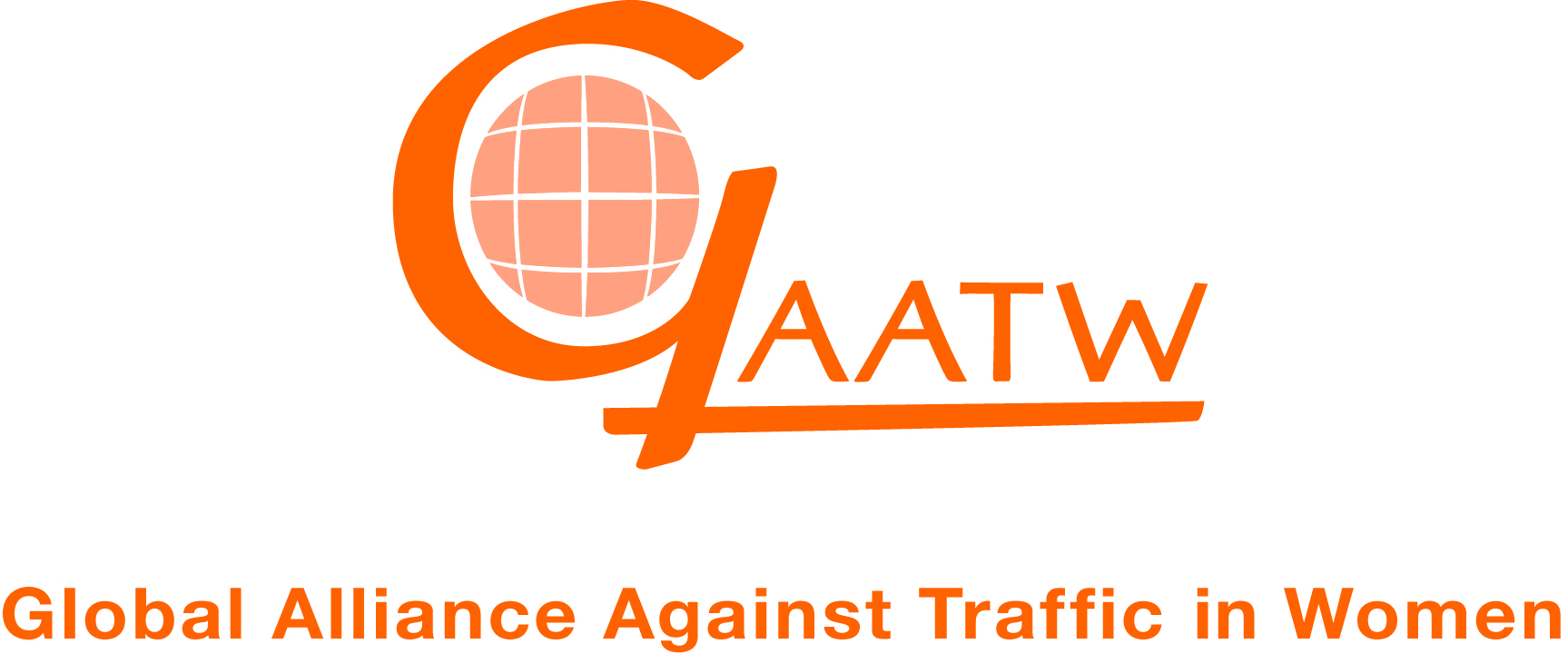 |
RE: THE TRAFFICKING OF PEOPLE FOR THE PURPOSE OF FORCED LABOUR IN ONLINE
CRIMINAL ACTIVITY
8 February 2023
A. Introduction
-
This complaint is made by the Global Alliance against Traffic in Women (in consultative status with AICHR since 2018), Tenaganita Malaysia, and Migrant Care Indonesia, and is directed at Cambodia, Indonesia, Laos PDR, Malaysia, Myanmar, Philippines, Thailand, Singapore and Viet Nam.
B. Statement of facts
- Since 2019, thousands of workers from the ASEAN region have been trafficked by organised criminal groups for the purpose of their forced labour in online criminal activity. Responding to advertisements offering jobs working online, a vast number of people have been tricked into traveling to Cambodia, Myanmar, Laos, Thailand and the Philippines.1 There have also been reports of at least one victim being tricked into travelling to Singapore, before being transported onwards to Thailand and Myanmar.2
Women Workers Demand Their Rights: South Asia Campaign to highlight the contributions and rights of women migrant workers
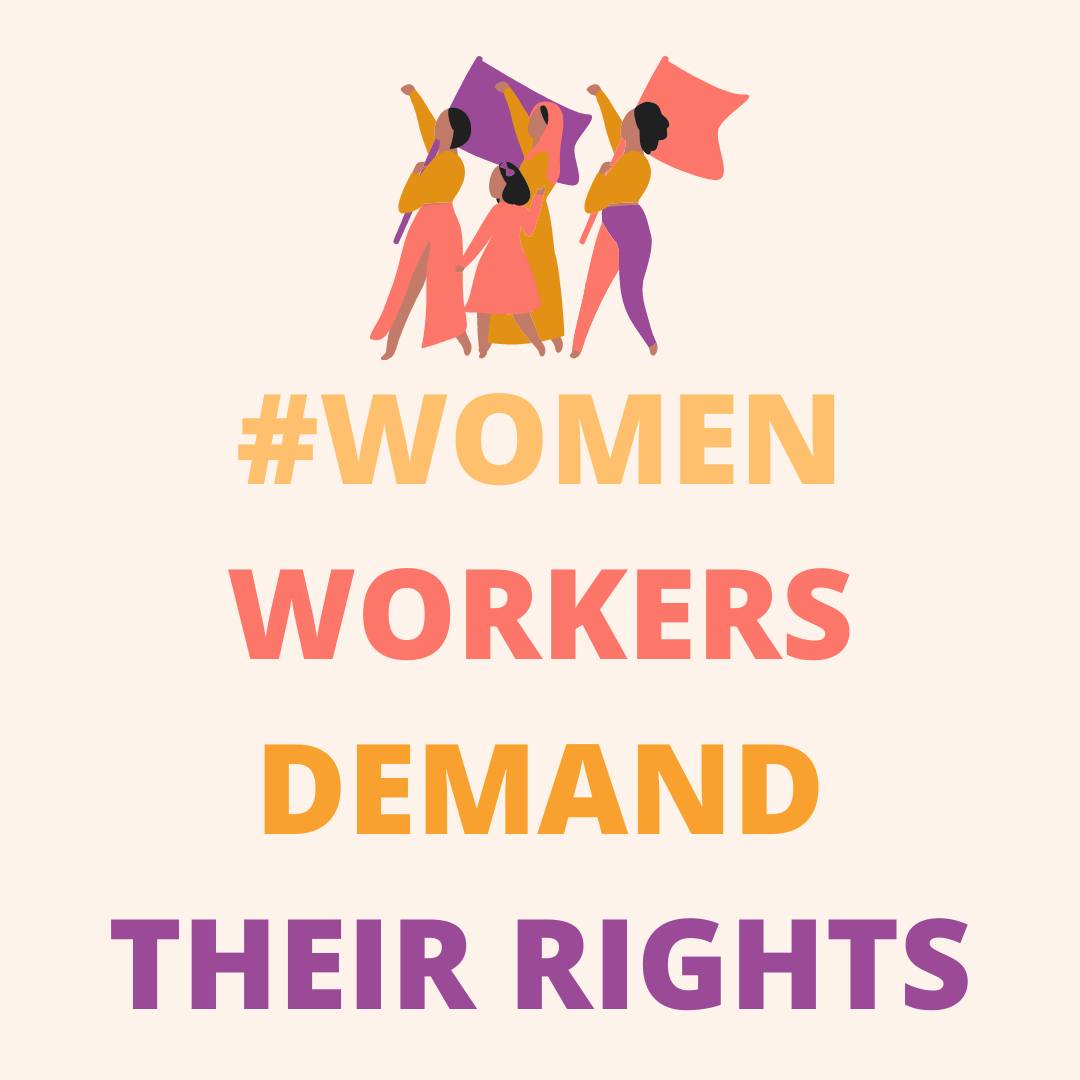 #WomenWorkersDemandTheirRights is a new GAATW initiative to highlight the value of women’s work in society and campaign for access of migrant workers to social security at home and abroad. It was launched as a South Asia regional campaign at an event in Kathmandu, Nepal in August 2022, by GAATW partners from Nepal, Bangladesh, India and Sri Lanka.
#WomenWorkersDemandTheirRights is a new GAATW initiative to highlight the value of women’s work in society and campaign for access of migrant workers to social security at home and abroad. It was launched as a South Asia regional campaign at an event in Kathmandu, Nepal in August 2022, by GAATW partners from Nepal, Bangladesh, India and Sri Lanka.
The campaign grew out of a recent Feminist Participatory Action Research (FPAR) carried out by members and partners of GAATW on the issue of sustainable reintegration of women migrant workers. That research highlighted the challenges faced by many women migrant workers in the region upon their return, including poverty, lack of employment opportunities, and domestic violence. These are among the causes of their migration in the first place. Underlying these are deeply engrained patterns of stigma, rejection and discrimination, which the campaign aims to change. Its main goals are to promote the inclusion of women migrant workers in social security schemes, and to address the widespread discriminatory attitudes in societies, so that women workers can finally get the respect they deserve.
Invest in local communities to facilitate the socio-economic inclusion of migrants and survivors of trafficking
Statement by the Global Alliance Against Traffic in Women
 Ahead of International Migrants Day, 18 December, we call on governments, local authorities, and civil society to invest in local communities to facilitate the socioeconomic inclusion of migrants and survivors of trafficking and prevent their exploitation and abuse.
Ahead of International Migrants Day, 18 December, we call on governments, local authorities, and civil society to invest in local communities to facilitate the socioeconomic inclusion of migrants and survivors of trafficking and prevent their exploitation and abuse.
Over the past two years, GAATW, together with members and partners, conducted one of the largest pieces of global research in our history. We spoke with a total of 970 migrants and survivors of trafficking (953 women and 17 men) in 18 countries across Europe, Asia, and the Americas. Our aim was to learn more about their experiences with socioeconomic inclusion in the destination country or upon return to the country of origin.
Time and time again, the women spoke about the importance of finding a community, either at home or abroad. Repeatedly, they brought up the positive and negative role that people in their surroundings – locals or co-nationals in the country of destination and family and community in the country of origin - play.
